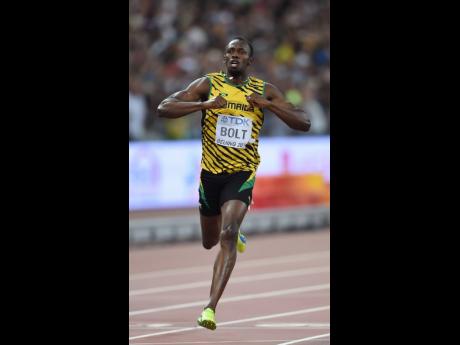Cross-cultural communication and professional sport
CROSS-CULTURAL COMMUNICATION is a process by which persons from diverse cultural backgrounds engage effectively in any context. It involves recognising and respecting cultural similarities and differences.
For example, cross-cultural communication is essential in professional sports where athletes from different socio-economic, cultural, racial, ethnic and gender backgrounds compete with and against each other. Likewise, fans must appreciate the importance of cross-cultural communication, as the teams they support may consist of athletes from different cultural backgrounds.
The Olympic Games are one of the largest global incubators for cross-cultural communication. The opening ceremony of the Rio Olympic Games in 2016 had an estimated viewership of 342 million. For many, it may have been their first or only exposure to a snippet of Brazilian culture.
The opening ceremony of the Pyeongchang, South Korea, 2018 Winter Olympics had a television audience of approximately 27.9 million. A significant political outcome of the Games was a handshake between Kim Yo-jong, the sister of North Korea’s leader Kim Jong-un, and South Korean President Moon Jae-in.
While the opening ceremony provides snippets to the world, the Olympic Village brings together over 2,500 athletes and support personnel in a shared space, allowing for developing friendships and rivalries, sharing gossip and truths, and more in-depth exposure to different cultures. In addition, spectators are exposed to cross-cultural experiences as they move from event to event.
Despite the diversity encountered at the Olympics, there are commonalities. For example, the collective audience can appreciate an athlete’s hard work and determination regardless of the country they represent. Usain Bolt, for example, is widely regarded as the greatest sprinter in Olympics history. He is widely admired and regarded by people of different cultures because of his relentless efforts to claim gold.
INSPIRING PERFORMANCES
His performances are inspiring to people regardless of their race or ethnic heritage. Therefore, Bolt is acknowledged internationally as an elite athlete, encouraging many people to pay keen attention to Jamaica and its culture. Bolt’s athletic prowess results in the shared meaning of sprinting across different cultures.
Furthermore, cross-cultural awareness ensures that athletes are appreciated for their contributions to sports regardless of their backgrounds. Even countries with strained diplomatic relationships can appreciate athletes who compete at an elite level. For example, American gymnastic followers can appreciate the contributions of Russian gymnast Svetlana Khorkina despite the contrasting political ideologies of Russia and the United States of America (USA).
In a hyper-culturally diversified world, it is beneficial for the media and athletes to appreciate, respect, and communicate effectively. Appreciating cultural diversity creates an environment for successfully managing teams, sports organisations and events. For instance, professional teams comprise individuals with varying cultural identities, which, if understood, can contribute positively to the team’s collective identity and being successful.
The 2022 Argentinian World Cup-winning team clearly illustrated this. Only one of the footballers on the squad plays with an Argentinian club. The other team members ply their skills with clubs in England, France, Spain, USA, Portugal and Italy.
Therefore, successful cultural diversity management depends on athletes and coaches knowing and applying the tools of multiculturalism. The lack of awareness can lead to failure for a sporting organisation or an athlete.
The Olympics’ economic, social and cultural legacy of the host city extends beyond its staging. For example, the new infrastructure built in preparation for the Games transforms the city and offers new opportunities for economic development.
According to the 2006 Olympic Review, the global impact of the Games includes “tangible infrastructure construction, such as competition venues and transport improvements, through to the evolution of the image of a Host City, the event acts as a vehicle and catalyst which leaves a lasting mark on the city, host country and its people through its economic, urban, social or historical influence”.
Additionally, the Olympics allows the host country to market its cultural practices to the world, especially during the opening and closing ceremonies. The greater exposure has the potential of creating opportunities for long-lasting interactions through tourism, economic activity and cultural activities.
Sport Pulse and Sport Matters are fortnightly columns highlighting advances that impact Sport. We look forward to your continued readership. Christopher Jackson is pursuing a Master’s degree in Sports Business Management in the Faculty of Sport.



